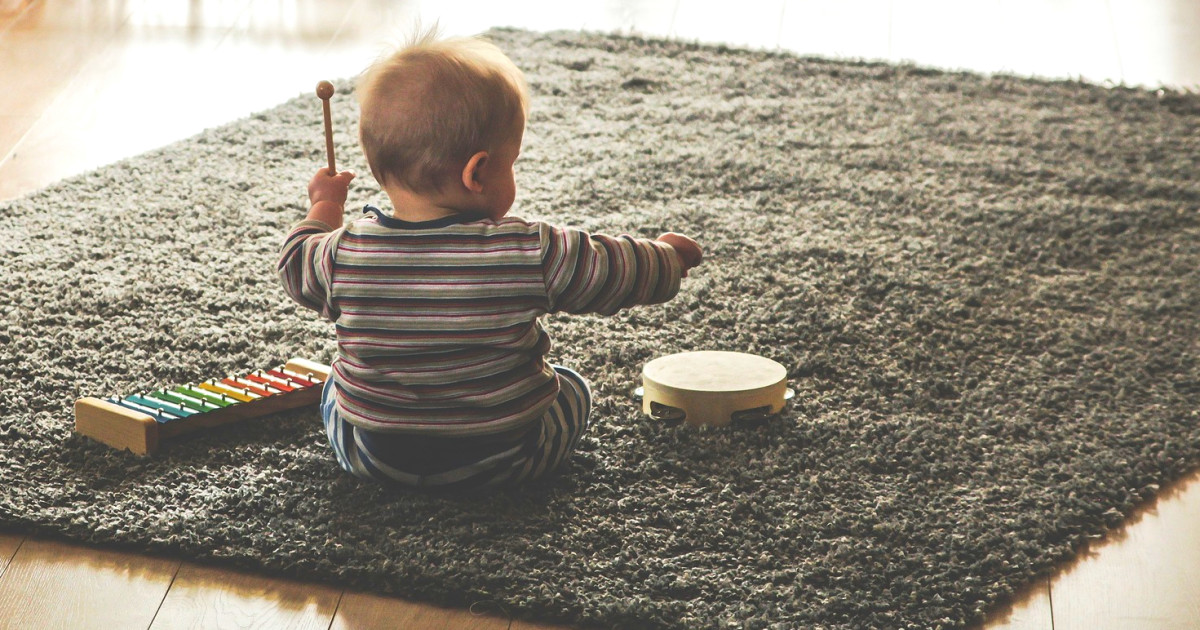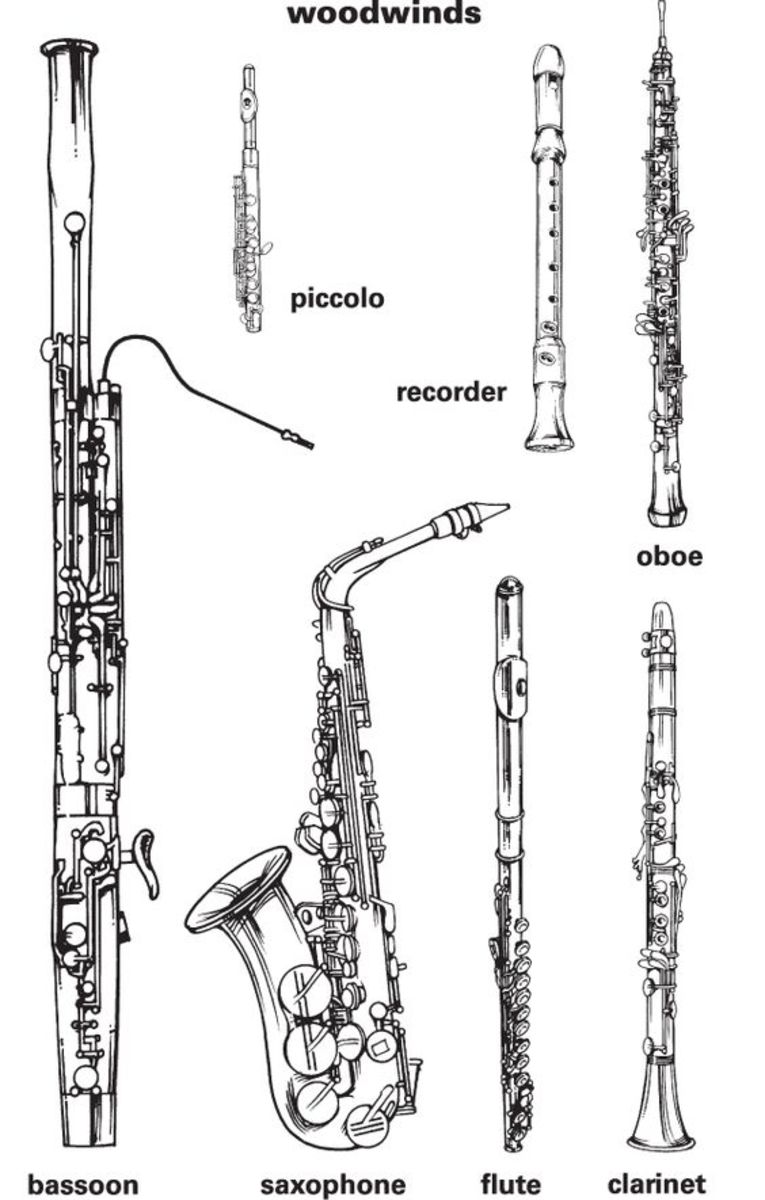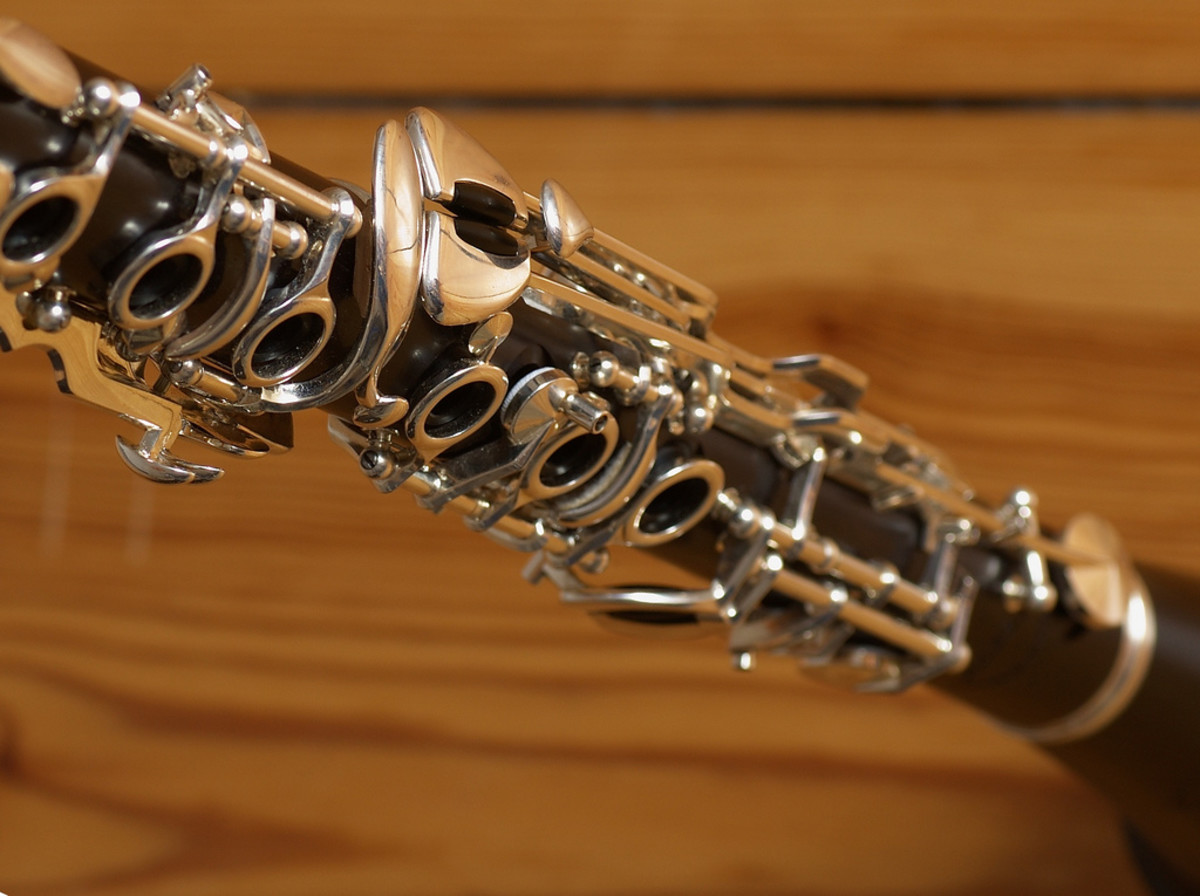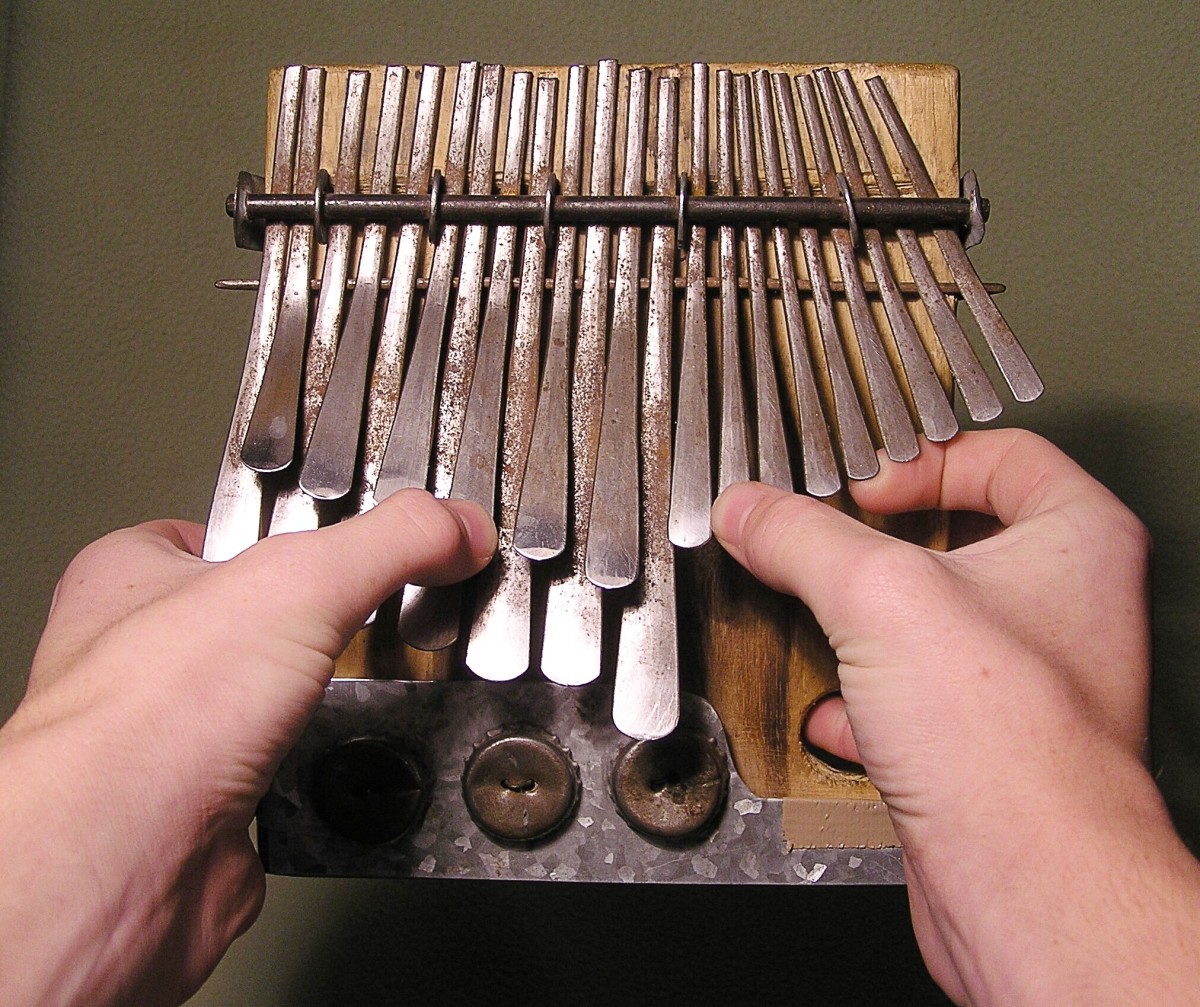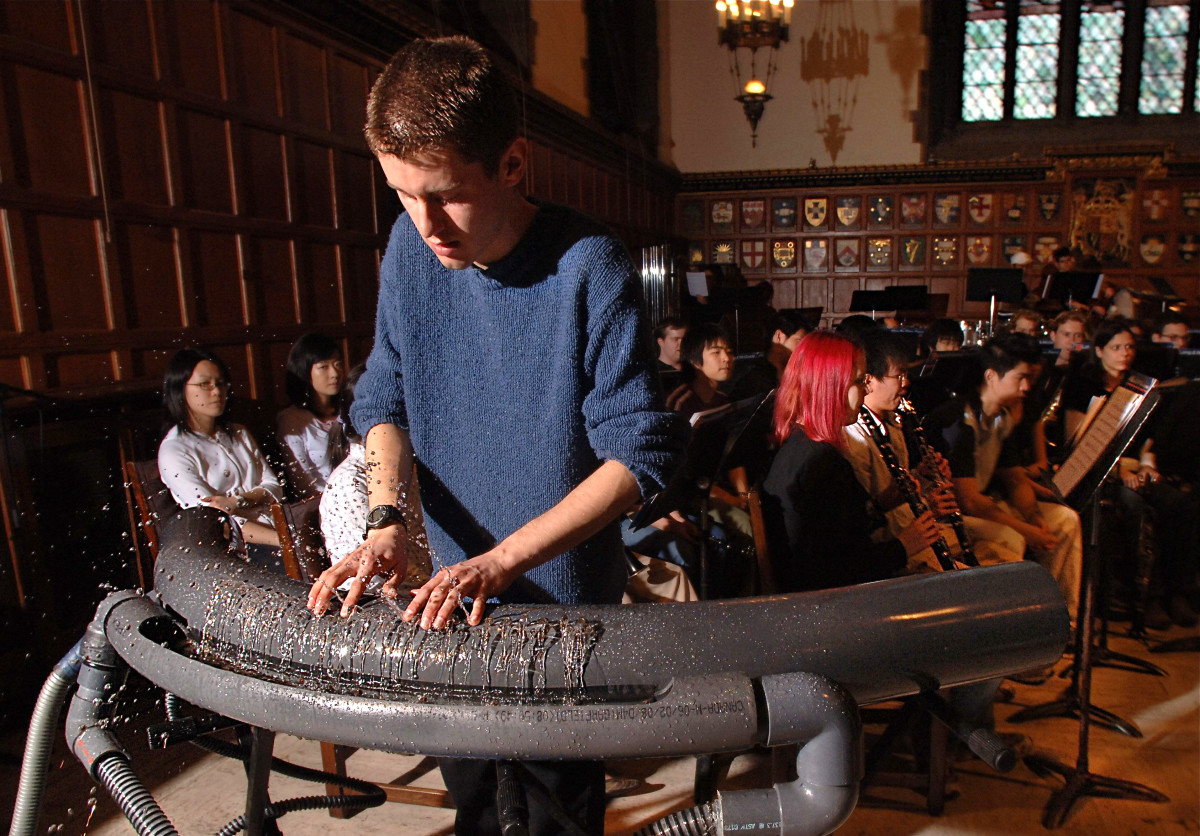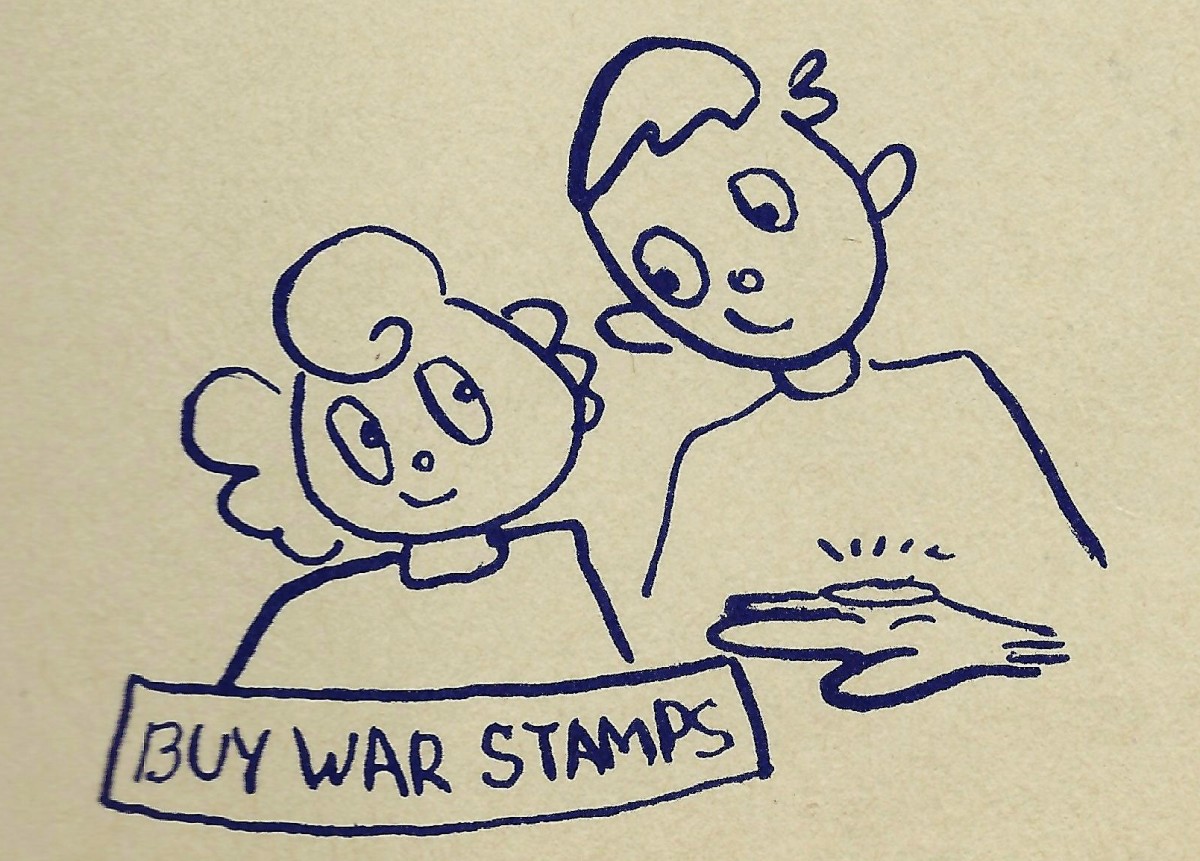Purchasing A Musical Instrument For A Child - What to Look For
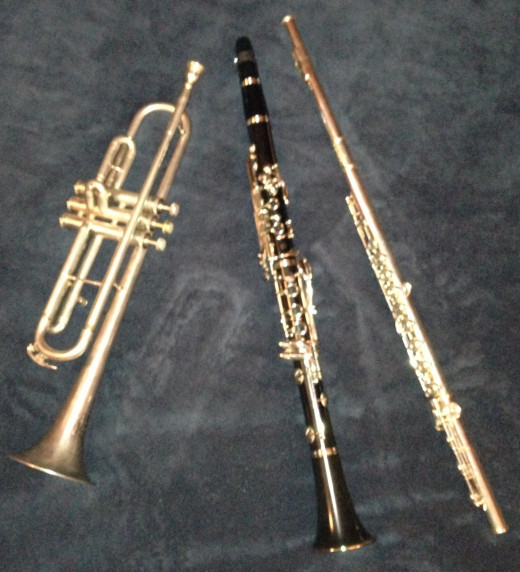
The gift of music is a skill your child will enjoy their entire lives whether they choose to make a career of it or not.
If your child is just beginning I recommend renting an instrument. That way if they don't enjoy it you can either switch instruments or return it. Once you know that your child likes their instrument and wants one of their own, where do you look for the correct one? I cannot emphasis this enough, buying a low quality instrument will hinder your childs success. I have seen it many times. A parent proudly proclaims how little they spent on an instrument only to find they got exactly what they paid for. That's not to say it's not possible to get a good deal on instruments, you just have to know what to look for. The video below speaks of a specific music store but does give great information on possible problems with purchasing an instrument without knowing what to look for.
Buying A Musical Instrument (3:15)
Common Mistakes
Not Playing An Instrument Before Buying
It is imperative the student can successfully play the instrument before buying it. They need to play several song, over and over to get a proper feel for the instrument. Playing one or two notes is not enough. If you are buying an instrument for a student who cannot play yet or if you are unsure, ask your music teacher to play and evaluate it before purchasing.
An example of a purchase gone wrong was a parent of a former flute student who purchased a flute from Craigslist for $25. No one tried the flute before purchased. It turned out to be a very old, not well made unknown brand flute. I've played flute professionally for years and I could hardly get a sound out of it. Not surprisingly my student fell behind because she had to work so hard to make a sound. She couldn't keep up with the new lessons. Unfortunately in the end she quit.
Overpaying
Not all instruments are equal. They vary in material used (nickel plated [avoid!], silver plated, brass, solid silver, etc) as well as how each mechanism is crafted. Before purchasing find out the name brand as well as model number (not serial number). For example, Yamaha sells several different model instruments ranging from student model through professional models. You don't want to buy a student model Yamaha at a professional model price. Once you know the name brand and model number do some research. Find list price, see the price the local music store sells that model for, and ask your music teacher what they think of that brand instrument. If it is a brand no one has heard of then avoid it. Musicians are aware of all good brands of their instrument.
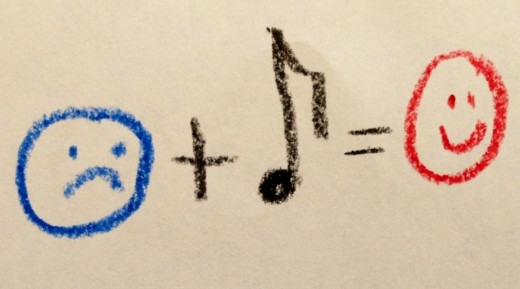
Pad with padworms

Normal pads
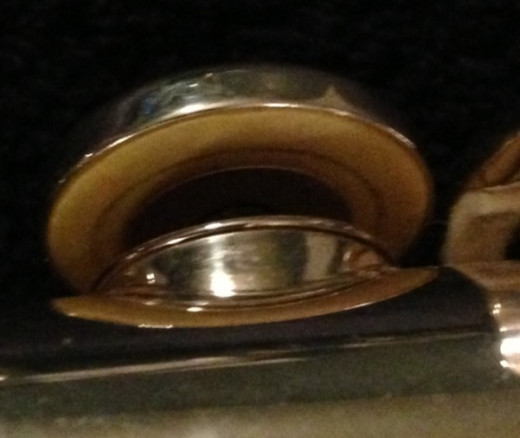
Specific Problems to Look For In Flutes, Oboes, Clarinets, and Saxophones
Padworms
Padworms are very small bugs (you won't see them) that eat the padding (pads) under each key (see pictures). Having padworms can be repaired. The instrument will need to be repadded and you will need to buy a new case since the bugs also infest the case. If you purchase an instrument with padworms keep in mind in addition to what you paid for the instrument you will have to factor in the cost of new pads and a new case.
Keys completely covering keyholes
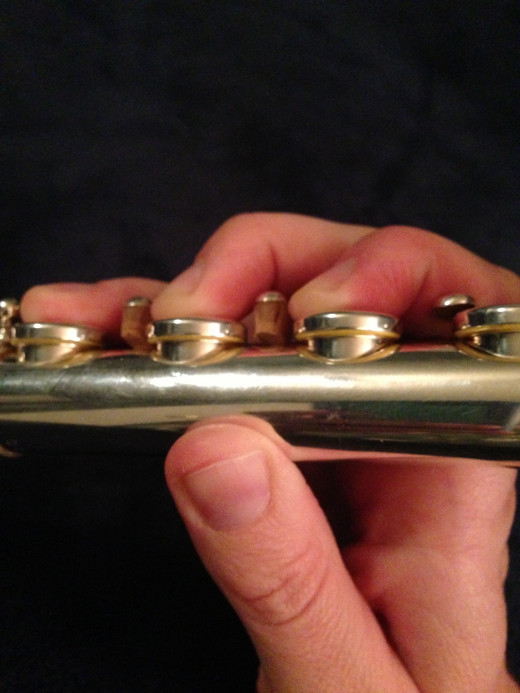
Index finger hole not completely covering
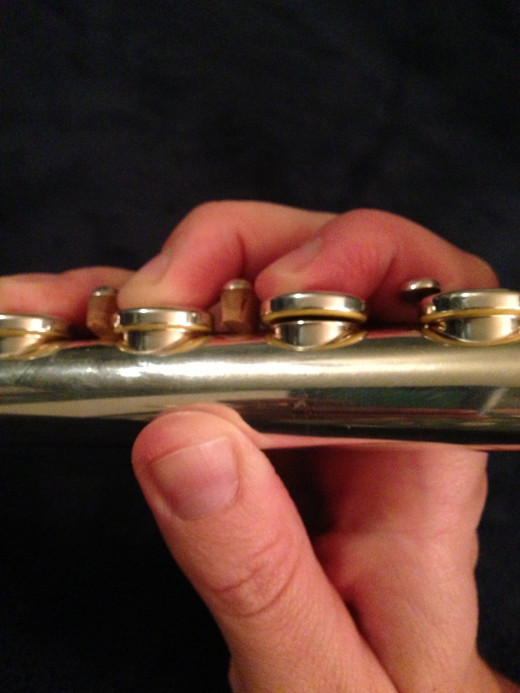
All Keys Cover Keyholes
If you push a key down and it doesn't fully cover the keyhole air will leak while playing the instrument. This effects the ease of play as well as the sound produced. Sometimes this is a problem that can be fixed, other times the cause of the leak cannot be fully corrected. If you notice this problem in an instrument you're looking to purchase, without a professional telling you it can be fixed I recommend not purchasing it.
Miscellaneous
Other things to look out for are sticky keys(keys that don't open and close without sticking). This is also a problem that ranges from easy fix to big problem. Lastly, look for dents. A few small dents may not pose a problem but dents can affect the quality of the instrument.
If you are a professional reading this please feel free to add other things to look for in the comment box below.
Specific Problems to Look For in Trumpets, Trombones, French Horns, Baritones, and Tubas
Bent or Sticky Valves
Bent valves or trombone slides are a problem which could be difficult/impossible to fix. Sticky valves or trombone slides may be as simple to fix as oiling the valve (or slide), but could also be a symptom of something more serious. If you are not sure have a music teacher examine it or look for a different one to purchase.
Dents
Dents may or may not be a problem but is another thing to be aware of when purchasing an instrument.
If you are a professional please feel free to add other things to look for in the comment box below.
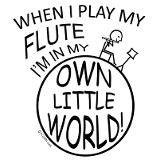
When it comes to buying an instrument most of the time you get what you pay for. Educate yourself and consult with your child's music teacher before buying an instrument. Don't buy a poor quality instrument, it will hinder your child's success.


